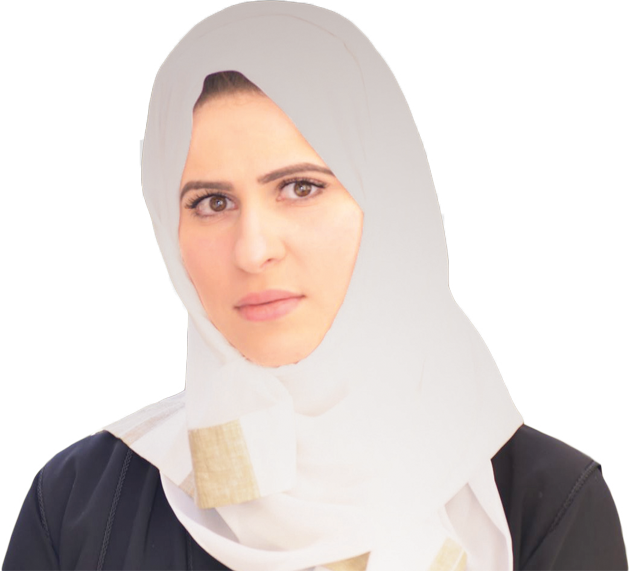CAIRO: One Saudi woman was so concerned about her children’s unhealthy school-canteen meals that she decided to improve not only her family’s diet but also the eating habits of the entire nation.
Rihab Hasanain, spurred by the Kingdom’s growing obesity epidemic, set up the catering firm Blooming Bs to provide children with healthy lunch boxes and offer them advice on the importance of eating healthy food and being active.
The company’s name originates from the three Bs: Brain, body and box. The healthy boxes are provided to students and children aged two and above at schools, canteens, childcare centers and indoor playground centers.
Saudi Arabia has the Middle East’s second-highest obesity level after Kuwait with a 35.4 percent rating, according to the CIA World Factbook.
Hasanain said that she wants to raise awareness of the region’s obesity problem, particularly among children.
“Childhood obesity is one of the greatest challenges facing health care systems worldwide,” she said.
“A number of factors have contributed to the problem, such as lack of childhood physical activities, and a low awareness around the prevalence of obesity and non-communicable diseases.”
Hasanain said that Blooming Bs’ mission is to combat childhood obesity in Saudi Arabia and neighboring countries by promoting healthy eating habits.

Rihab Hasanain
This includes educating children and parents about the importance of healthy food and lifestyles, providing youngsters with healthy food choices, and creating a community of future healthy eaters.
In Saudi Arabia, a major contributing factor to the obesity crisis is the widespread availability of unhealthy food in school canteens, she said.
In 2016, the ambitious mother of two took matters into her own hands by establishing her commercial kitchen in the Kingdom’s capital Riyadh.
Using her personal savings, Hasanain hired a team of 10 multidisciplinary women, including public relations and administration staff, social-work specialists, early childhood educators and drivers.
She also leveraged her international connections to help secure support and endorsement from a number of prominent mentors.
“They are extraordinary individuals with an outstanding track record in social entrepreneurship, hospitality and, most importantly, health promotion and healthy school canteens,” Hasanain said.
Blooming Bs has since grown to cater to more than 20 day-care units and schools, as well as hundreds of individual families. The firm has now sold more than 45,000 items and served over 10,000 lunch meals since its launch.
Hasanain said that the company’s contracts and deliveries vary according to customer categories.
“Our products range from morning, lunch and afternoon meals for children to freshly squeezed juices and individual food items that can be sold individually at school canteens,” she said.
“We take the stress away for parents. Our clients are assured that our products are healthy because the meals are created based on the consultation of our in-house nutritionist.”
While Hasanain is well on her way to transforming the diets of children in Riyadh, she has her eye on the bigger picture.
The Blooming Bs entrepreneur also aims to solve childhood obesity in neighboring countries, such as the UAE, Kuwait and Qatar.
“During Blooming Bs’ expansion, I have tried to develop a holistic viewpoint on children’s nutrition, leading to improved operation processes and ideas,” Hasanain said.
“Blooming Bs also wants to empower Saudi and Arab women by creating more job opportunities,” she added.
“Ultimately, I see my company becoming an upscale international brand, trusted by parents, schools and governments.”
_____
• This report is being published by Arab News as a partner of the Middle East Exchange, which was launched by the Mohammed bin Rashid Al Maktoum Global Initiatives and the Bill and Melinda Gates Foundation to reflect the vision of the UAE prime minister and ruler of Dubai to explore the possibility of changing the status of the Arab region.






























